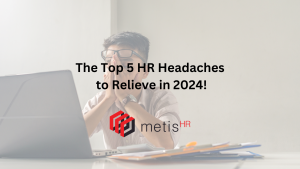
The Top 5 HR Headaches To Relieve in 2024!
Feeling a bit lost on how to ease your HR headaches? Are you ready to tackle employee misconduct or maybe you’re looking to reduce your
Articles

Feeling a bit lost on how to ease your HR headaches? Are you ready to tackle employee misconduct or maybe you’re looking to reduce your
Overview In this case study, we delve into the intricate details of how Metis HR provided invaluable assistance to a kitchen company facing a complex people
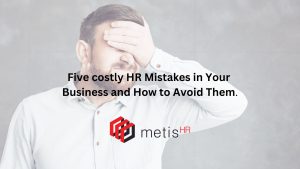
Running a business comes with its share of challenges. When it comes to managing human resources, the stakes are high. In this blog, we’ll look
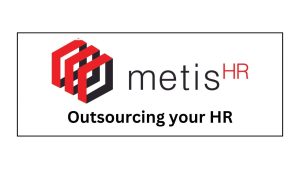
What are the advantages? Read our blog to discover the benefits that come with outsourcing your HR responsibilities to the experts. If you’re interested in
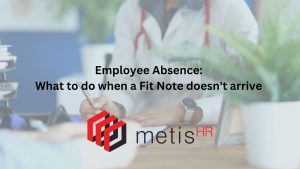
Do you know what to do when a fit note doesn’t arrive from you employee? At Metis HR we get asked this question a lot!
Employment contracts are legally binding agreements. They play a pivotal role in protecting your organisation’s interests while promoting transparency, compliance and productivity. Read this article
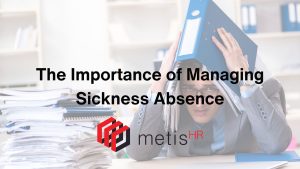
When you have been left covering the work of someone who has phoned in sick, it quickly focuses your mind as to the importance of
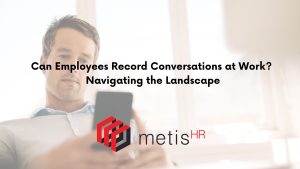
In the modern workplace, where technology connects with business operations, questions about privacy, legality, and employee rights often arise. One such question is can employees
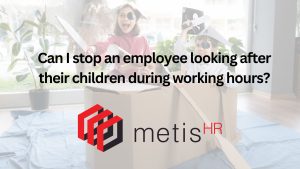
Believe it or not in the last three weeks we’ve had four calls asking us can I stop an employee looking after their children during
In 2023, safeguarding in recruitment for children and vulnerable people services remains a critical challenge for organisations. When recruiting for posts working with this group
Categories
Copyright © 2020 Metis HR Ltd. Registered Company No: 07554123. All Rights Reserved
Website by Thomas Cole Digital